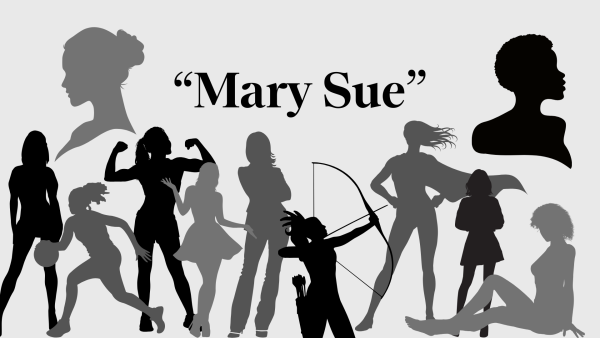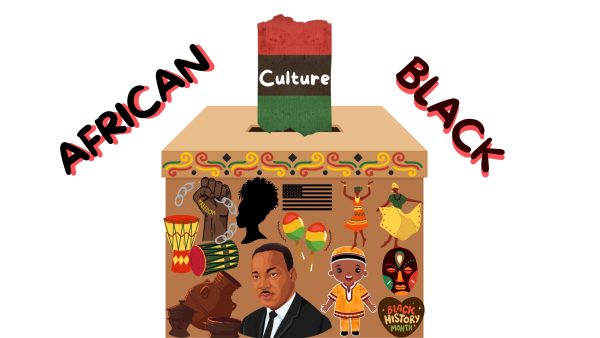Letter to the Editor: An eye for an eye and the Holy Land will die
Living in a free and established nation like America, I never wake up in the morning and question if this day will be my last. Israelis and Palestinians, however, don’t have the same luxury.
For my ethics final, we had to choose a topic that we’re passionate about and find a related organization. As a senior in high school struggling to even choose a college major, it brought me back to months of anxiously questioning what profound interests I have at age 17. So I tried to think small picture — what in the last month sparked a reaction? Thoughts of my recent trip to Israel, when I witnessed the tragic omnipresence of the Israeli-Palestinian conflict, surfaced.
To understand this issue, it’s essential to rewind to the beginning. Around 1900, Jews decided the persecution they faced in European countries had reached an apex, so they migrated to Israel, which they believed to be the land of their ancestors. However, the land was occupied by Palestinians. The arrival of thousands of Jews caused friction between the two groups, leading to the 1948 Arab-Israeli War, in which the world recognized Israel as an official Jewish state and the surrounding Arab countries attacked, and the 1967 Six-Day War that “left Israel occupying East Jerusalem, all of West Bank, Gaza, Golan Heights and Sinai.” These territories were once carved out for Palestinians, but now in Israel’s possession and fenced to prevent Palestinian suicide bombings.
These occupations added a new layer of human rights violations as over a million Palestinians were left to live in subpar conditions. For example, in Gaza “80 percent were estimated to be living in poverty in mid-2007.” Innocent Israeli soldiers in the territories were constantly being taken hostage. The fight now supersedes the unscrupulous brutality that comes with warfare — it’s become a breach of ethics, with Palestinians having no choice but to let an 18-year-old Israeli soldier at a checkpoint determine whether they will live or die each day. Similarly, that 18-year-old soldier’s parents fear the moment they will hear a Palestinian terrorist group like Hamas or Fatah has barbarously killed their child.
Not only do both groups have to fight for a home, the fierce antagonism between each group leaves even civilians at risk as they frequently break the Geneva Conventions. Bomb shelters are as common in buildings as drinking fountains. It’s no way for humans to live.
But to achieve peace, the two sides must be interested in finding common ground, and this is what the organization Women Wage Peace ensures. “Founded three years ago after the war in Gaza and today number[ing] 24,000 members,” Women Wage Peace is an Israeli grassroots movement that brings women from across the political, religious and geographic spectrum together. Members refrain from talking about their own views but instead band together to force Palestinian and Israel government officials to achieve a mutually binding non-violent accord. While everyone should have a factual foundation of this crisis and an understanding of the overwhelming scale of the problem, it’s what people do with this knowledge that helps them put humanity back on track. Ask questions and get in touch with organizations like Women Wage Peace who look at solutions to similar conflicts, visit parliaments around the world and march to call on people with political power.
We’re the few people in the world who have the privilege of living safely in a place we get to call home. However, this isn’t a pass to living complacently. It’s a weapon to fight for those in need.
-Erica Dick (’18)
If this letter inspired you, here are some ways to get involved:
Stay updated on current events: https://www.nytimes.com/topic/destination/gaza-strip, https://israelipalestinian.procon.org/, https://www.theguardian.com/world/israel
Join organizations, petitions and peace marches: http://peacenow.org/, womenwagepeace.org, https://jewishvoiceforpeace.org/










